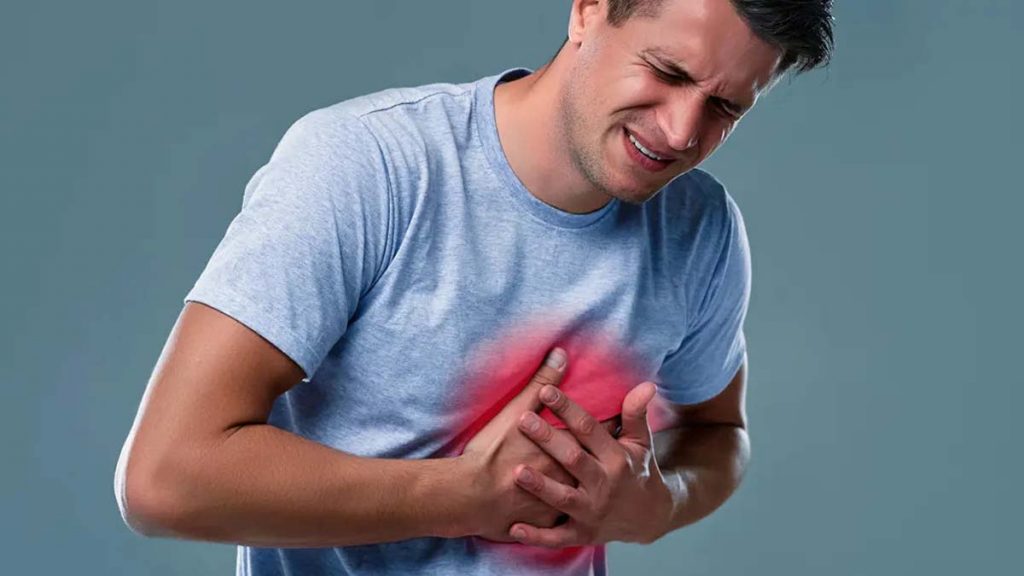Unmarried heart patients have a greater mortality rate, according to researchers.

According to a recent study conducted by the European Society of Cardiology, unmarried people with heart failure tend to be less confident in managing their illness and experience more social restrictions compared to their married counterparts. These differences in social support and self-efficacy may contribute to lower long-term survival rates among unmarried patients.
Dr. Fabian Kerwagen, the study author from the Comprehensive Heart Failure Center at the University Hospital Wurzburg in Germany, highlighted the significance of social support in managing chronic conditions. Married individuals often receive assistance from their spouses in areas such as medication adherence, encouragement, and the development of healthier behaviors, which can have an impact on their longevity. The study found that unmarried patients had fewer social interactions and lacked confidence in managing their heart failure.
Previous research has also indicated that being unmarried is associated with a less favorable prognosis, both in the general population and among patients with coronary artery disease. This posthoc analysis of the Extended Interdisciplinary Network Heart Failure (E-INH) study aimed to investigate the prognostic relevance of marital status in patients with chronic heart failure.
The E-INH study included 1,022 patients who were hospitalized between 2004 and 2007 for decompensated heart failure. Out of the 1,008 patients who provided information on marital status, 633 (63 percent) were married, and 375 (37 percent) were unmarried, including widowed, never married, and separated or divorced individuals.
The study measured the quality of life, social limitations, and self-efficacy of the patients using the Kansas City Cardiomyopathy Questionnaire, which is specifically designed for heart failure patients. Social limitations refer to the extent to which heart failure symptoms hinder patients’ ability to interact socially, pursue hobbies and recreational activities, or visit friends and family. Self-efficacy describes patients’ belief in their ability to prevent heart failure exacerbations and manage complications. Depressed mood was assessed using the Patient Health Questionnaire (PHQ-9).
The study found that there were no differences in overall quality of life or depressed mood between married and unmarried patients. However, the unmarried group scored worse in terms of social limitations and self-efficacy compared to the married group.
Over a 10-year follow-up period, 679 (67 percent) of the patients died. Being unmarried was associated with higher risks of all-cause death and cardiovascular death compared to being married. Widowed patients had the highest mortality risk among the unmarried group.
Dr. Kerwagen emphasized the importance of social support for patients with heart failure and suggested that healthcare professionals inquire about patients’ marital status and wider social networks. He also recommended recommending heart failure support groups to fill potential gaps in social support. Dr. Kerwagen and his team are developing a mobile health application to assist heart failure patients in the day-to-day management of their condition.
In summary, the study highlights the impact of marital status on the management and long-term survival of patients with heart failure. It underscores the importance of social support in improving outcomes for unmarried individuals with heart failure and suggests interventions to address the gaps in social support and self-efficacy among this population.
ALSO READ: African women have genes that prevent sudden onset high blood pressure
SYMPTOMS OF A HEART ATTACK
-CHEST DISTRESS
The majority of heart attacks are characterized by discomfort in the middle of the chest that lasts for longer than a few minutes or that disappears and reappears. It may feel like a painful pressure, squeezing, fullness, or uncomfortable pressure.
–FEELING UNCOMFORTABLE IN OTHER PARTS OF THE UPPER BODY
One or both arms, the back, neck, jaw, or stomach may experience pain or discomfort as symptoms.
– SHORTNESS OF BREATH
This can happen whether or not chest pain is present.
Other symptoms could include cold sweats, nausea, or lightheadedness.






